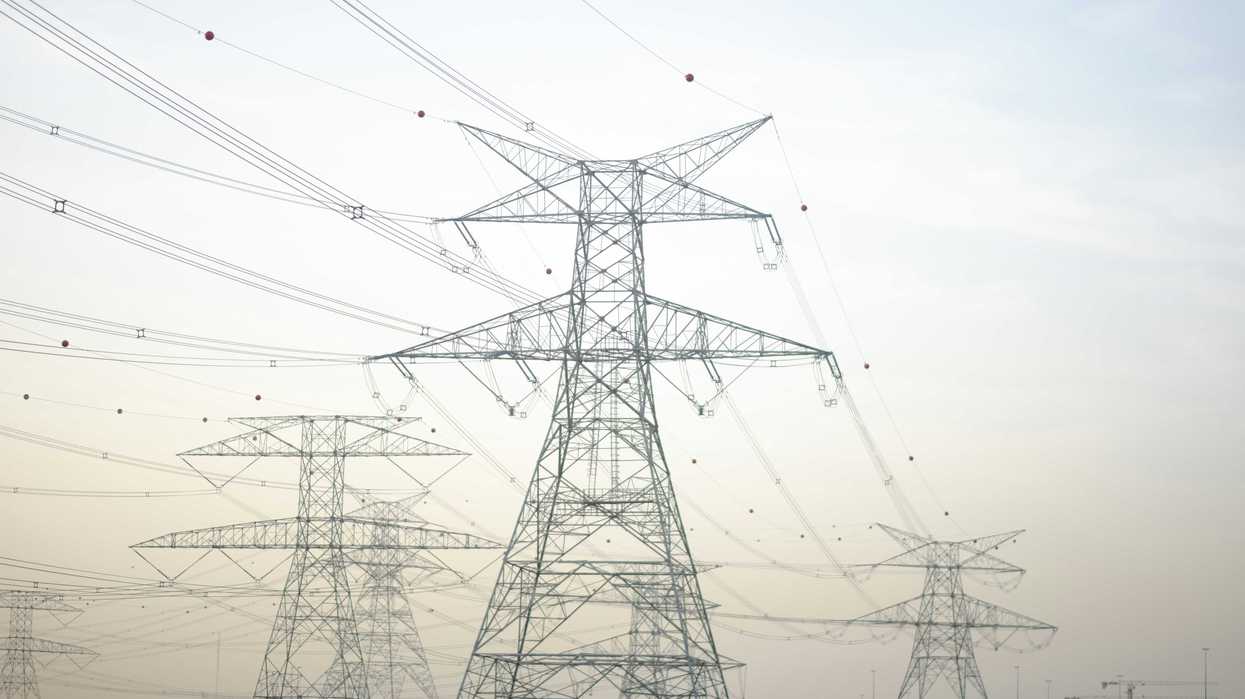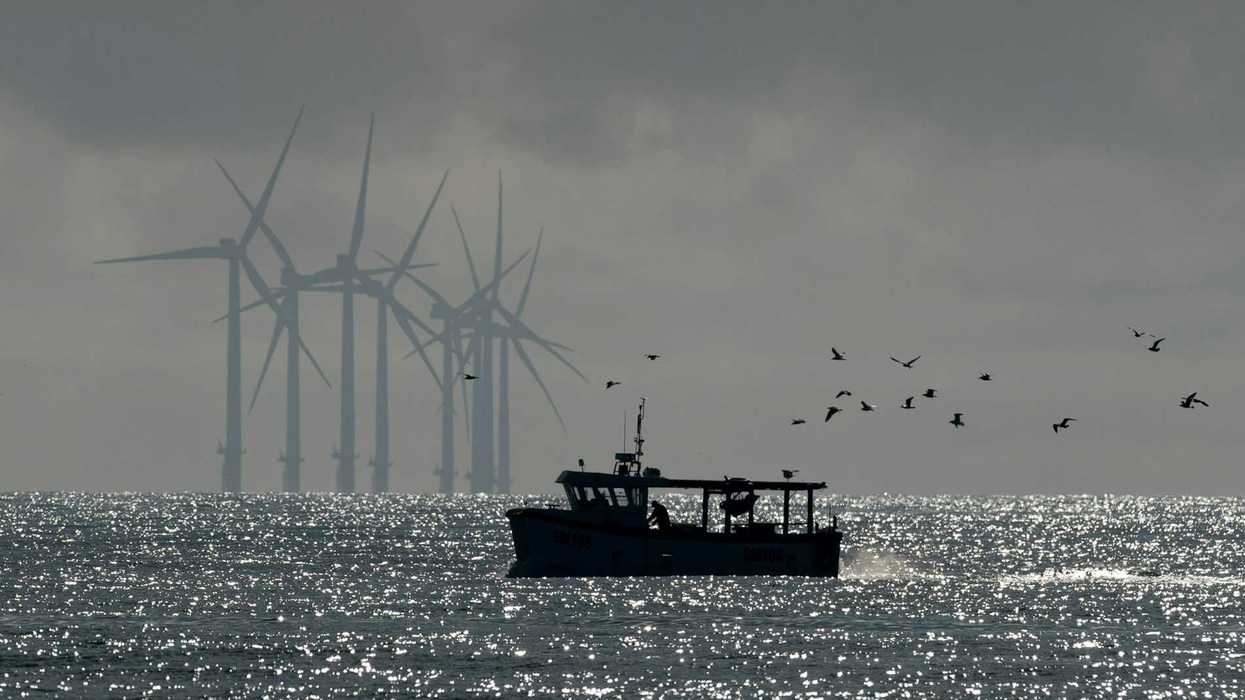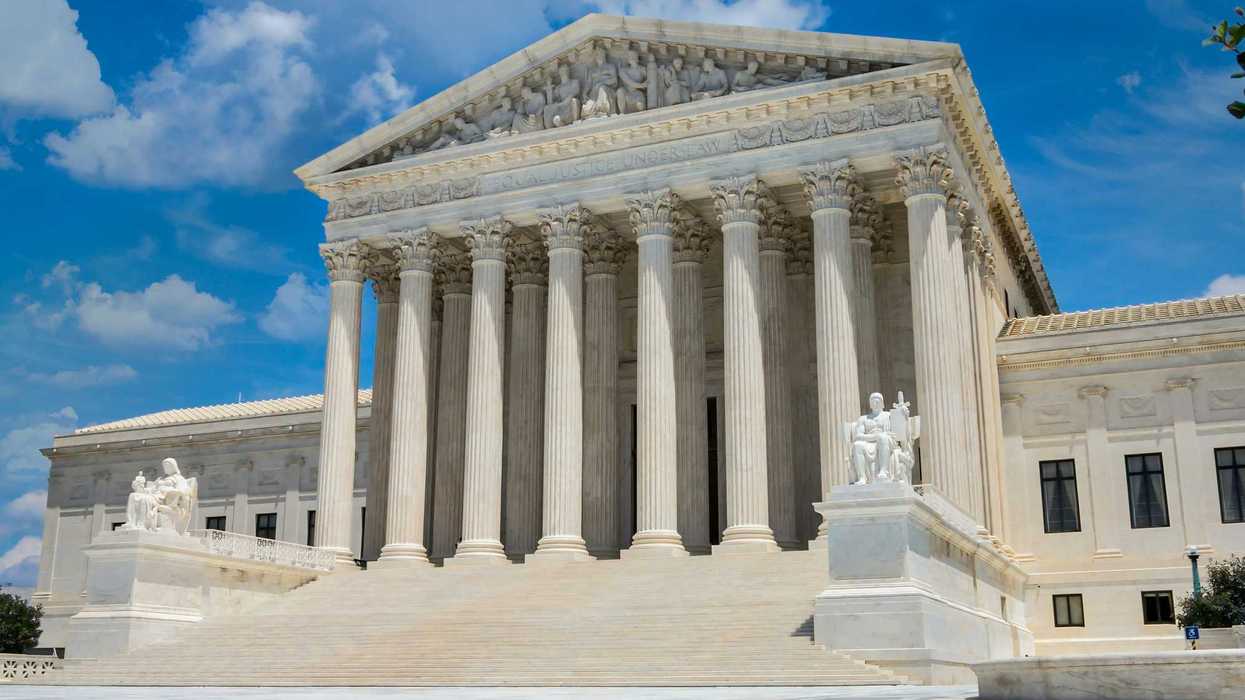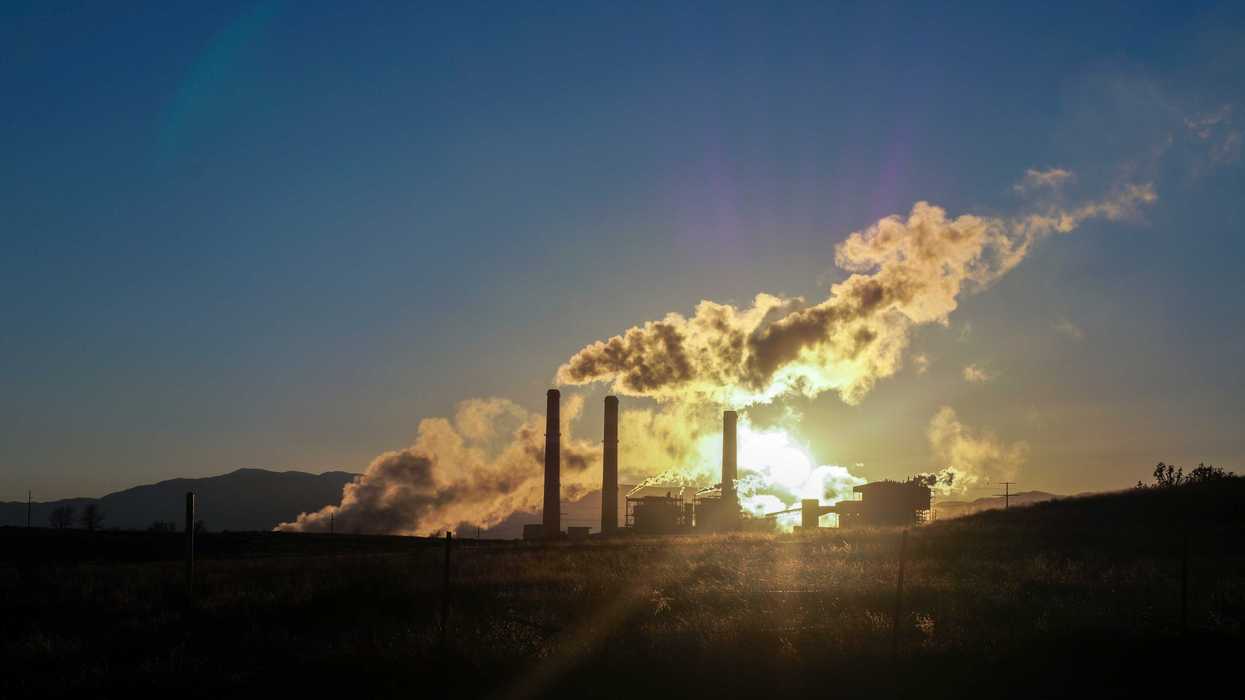The Trump administration has withdrawn an EPA proposal to restrict PFAS discharges from industrial sites, prompting concern from environmental advocates about health risks and regulatory gaps.
Shannon Kelleher reports for The New Lede.
In short:
- The EPA under President Biden had proposed limits on PFAS discharges in industrial wastewater to address health risks from these chemicals, which contaminate drinking water and food.
- The Trump administration rescinded the proposal as part of a freeze on federal regulations, leaving states to address PFAS pollution individually.
- Advocates warn this decision prioritizes industry interests over public health and delays much-needed federal standards.
Key quote:
“PFAS contamination is already a national health crisis, and this will force states to try and fill the regulatory void left by EPA’s failure.”
— Kyla Bennett, director of science policy at the watchdog group Public Employees for Environmental Responsibility
Why this matters:
PFAS, or per- and polyfluoroalkyl substances, have earned the nickname "forever chemicals" due to their near-indestructible nature. Found in everything from nonstick cookware to water-resistant clothing, these chemicals have become nearly ubiquitous, contaminating water supplies, food sources and soil across the country. The health implications are troubling, with links to cancer, liver damage, weakened immune systems and developmental issues in children. Despite growing awareness of the dangers, federal regulations on PFAS remain absent or inconsistent, leaving communities to grapple with the risks.
Related: Trump’s second term could mean fewer protections for drinking water














